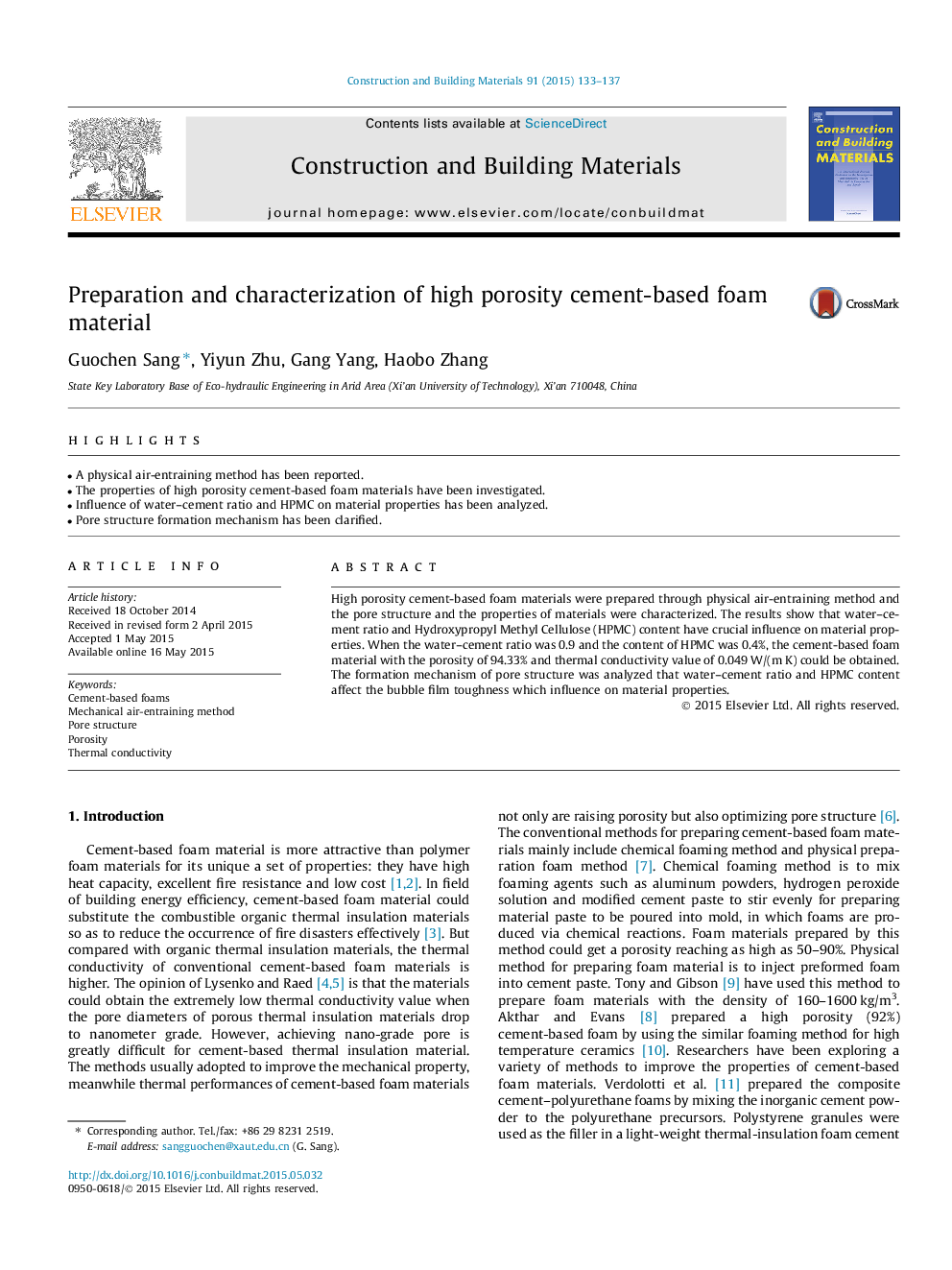| Article ID | Journal | Published Year | Pages | File Type |
|---|---|---|---|---|
| 7456135 | Habitat International | 2015 | 5 Pages |
Abstract
Waste reduction and waste separation are two preferred practices in sustainable solid waste management (SSWM). These two methods are seemingly impossible to implement without high awareness within the communities as well as a strong commitment and support from the city authorities. Despite the limited extent of these practices, this study attempts to analyze the current SSWM practices in Makassar City, Indonesia. The SSWM practices focused on waste separation and waste recycling. Assessing waste separation and recycling practices were carried out by field observations, focus group discussions, interviews with the actors, and a questionnaire survey. To avoid significant bias in the responses on perceived cleanliness of the city, we classified the respondents into three groups. Group 1 consists of all eligible members of local communities involved in daily solid waste management activities - common households. Group 2 consists of those actively involved in waste separation activities - SSWM households. Group 3 was composed of those institutionally responsible for conducting solid waste management. The primary result of this study shows that the presence of community practices on waste reduction and waste separation was strongly correlated to a sense of cleanliness in the community. This result implicitly indicates that by a using positive environmental image and performance within a locality, the community can become enthusiastically involved and push for sustainable SWM practices.
Related Topics
Social Sciences and Humanities
Social Sciences
Development
Authors
Ariva Sugandi Permana, Sherly Towolioe, Norsiah Abd Aziz, Chin Siong Ho,
